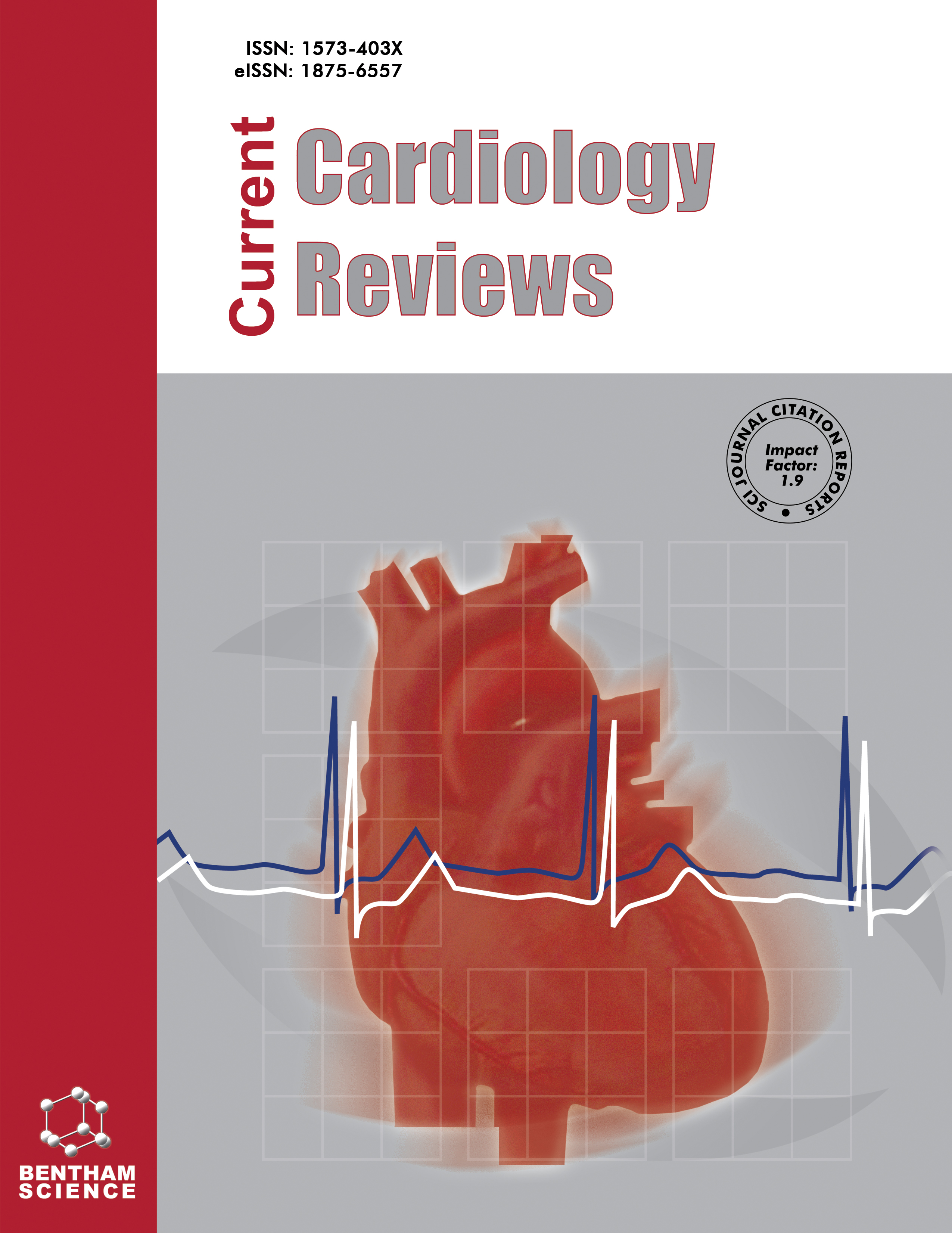
Full text loading...
Atrial fibrillation (AFib) is a highly prevalent cardiac arrhythmia associated with increased mortality in affected persons. Renin-angiotensin system inhibitors (RASIs) have been suggested as potential therapeutic agents for cardiovascular and renal diseases.
However, the relationship between RASIs and mortality in AFib patients remains uncertain. Therefore, the present study was designed and implemented for this purpose.
We searched PubMed/MEDLINE, Embase, Web of Science (WOS), Cochrane Library, and Scopus databases for studies published until 12 February 2024 with relevant keywords. We included studies that reported mortality outcomes in AFib patients treated with RASIs and non-users. The data extraction and quality assessment processes were conducted, and subgroup analyses and sensitivity analyses were done. The data were analyzed by Stata 15 using statistical tests, such as Chi-square and I2 tests.
A total of 15 studies (2007-2024; n=2,178,565 patients) examined the association between RASI drugs and mortality of patients with AFib. The results indicated that compared to the control group, the odds of AFib mortality in the group receiving RASIs were equal to 0.81(95% CI: 0.71-0.92; P-value ≤0.001). The study results did not indicate publication bias (P-value=0.733). During the meta-regression analysis, none of the study variables demonstrated a significant relationship with the observed heterogeneity (P-value > 0.20). Cumulative OR results showed that from 2022 onwards, there was enough evidence to confirm the relationship using RASIs with mortality of patients with AFib.
Therefore, this meta-analysis suggests that the use of RASI drugs is associated with reduced AFib mortality. However, the authors emphasize the need for further high-quality studies and large-scale randomized clinical trials to validate these findings.

Article metrics loading...

Full text loading...
References


Data & Media loading...
Supplements

